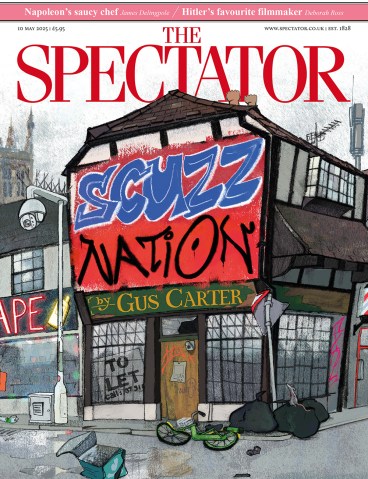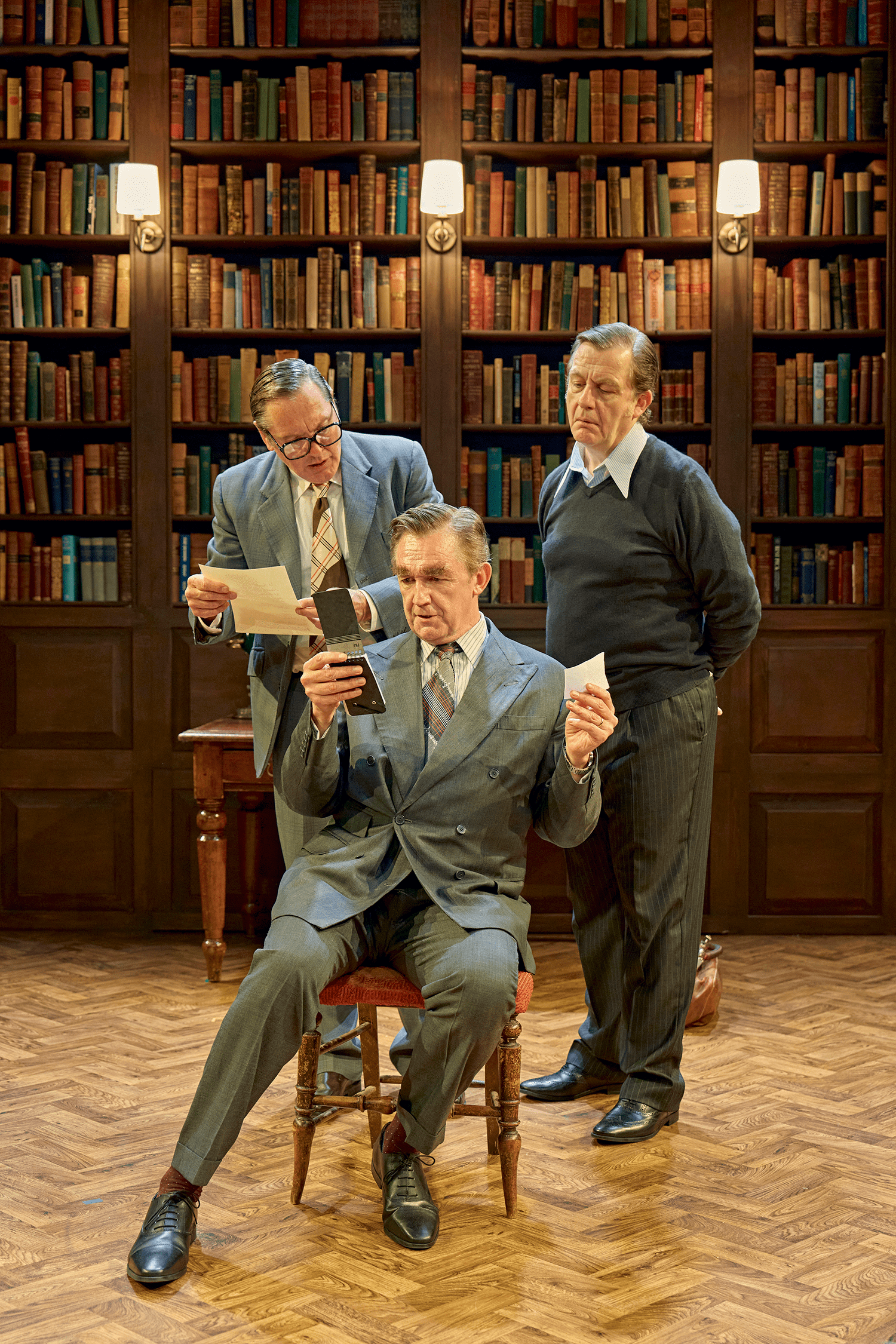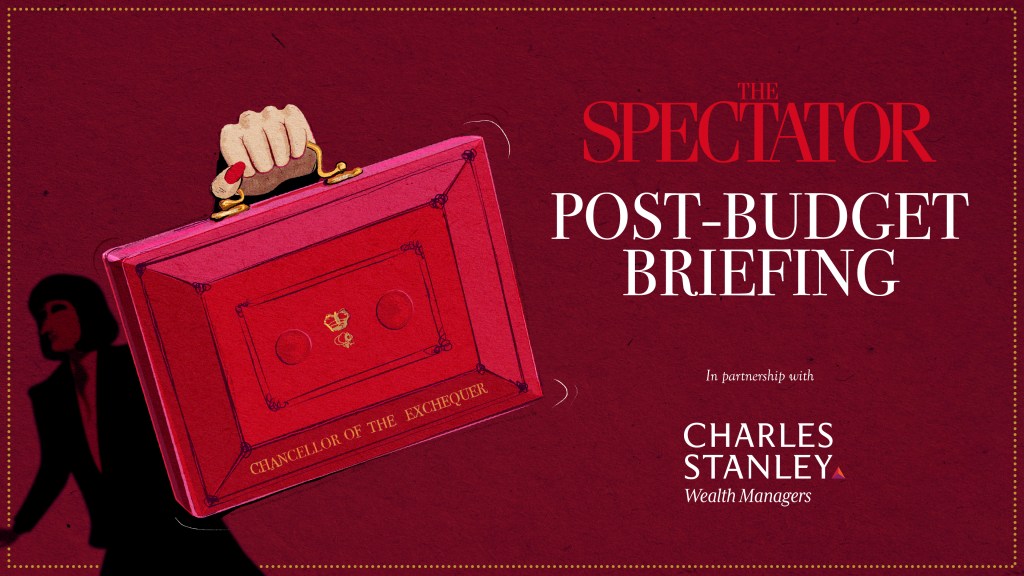
The Gang of Three gets into the nitty-gritty of Labour politics in the 1970s. It opens with the resignation of Roy Jenkins as deputy leader in 1972 in a desperate attempt to quell the party’s growing hostility to the Common Market. He holds a council of war with Anthony Crosland, his old Oxford chum, and they discuss their next moves while awaiting the arrival of Denis Healey whom they both heartily detest.
The writers, Robert Khan and Tom Salinsky, capture the characters beautifully. Crosland considers himself more gifted and mature than Jenkins but he hasn’t yet made his mark by holding one of the great offices of state. He boasts about his record during the 1960s when he destroyed the grammar school system and cancelled the Channel tunnel. Both achievements make him deeply proud. And he suggests that Jenkins (who has already served as home secretary and chancellor) might be able to boost his popularity by stressing his lowly origins as the son of a south Wales coal miner. Jenkins, whose father graduated from the mines to the House of Commons, says he has no wish to portray himself as ‘a sooty-faced Dickensian urchin’. He sees his role as a political prophet on a mission to share his wisdom with the voters. ‘Haven’t they suffered enough?’ asks Crosland.
Then the action flashes back to Oxford in the 1940s and we see the young men enjoying a brief infatuation. Jenkins denies that their affair amounts to anything more than verbal expressions of love but Crosland disagrees: ‘I have some scratch marks that tell a different story.’ Then we return to the 1970s as they discuss the menace of the hard left represented by Tony Benn. ‘He’s like an eccentric vicar with a speech impediment,’ says Crosland dismissively.
Denis Healey (a superb Colin Tierney) arrives and assumes a position of dominance over the group. He’s a mercurial exhibitionist, vain, prickly and charming, driven by a powerful intellect and boundless ambition. But he has two fatal flaws, irascibility and arrogance. After the fall of Callaghan, he might easily have been elected Labour leader but he was too proud to tour the tea-rooms and canvass openly for votes. He lost to Michael Foot.
This is a delightful slice of nostalgia for political wonks who can remember the 1970s. If you weren’t there, you’ll miss half the references. Pedants may spot the odd sartorial clanger. Jenkins wears white socks for some reason. Crosland’s trousers are held up with red braces like Gordon Gekko’s. And both are dressed in lounge suits without waistcoats.
The script makes no attempt to deliver narrative twists or visual stimulation. All you get is three grandees sitting in a room, bickering, plotting and taking the voters for granted. The lesson for politicians with a sense of entitlement is obvious. Labour in the 1970s was led by a smug clique of over-educated smart alecks who thought they could share out power between themselves like a box of chocolates. Their lazy, self-centered attitude ushered in a Tory ascendancy that lasted 18 years.
Neil LaBute’s new play takes a leisurely look at the topic of assisted suicide. It opens with a long, rambling conversation between Brad and Jodie, a married couple, who are nervously awaiting the arrival of a mystery guest. After 20 minutes, he shows up. His name is Tate and he announces that he plans to kill Jodie who has terminal cancer. Bang. Just like that, the plot starts.
This is a delightful slice of nostalgia for political wonks who can remember the 1970s
It’s difficult to discuss this show without revealing more details of the story. Some elements are very poorly explained. The manner of Jodie’s assassination is not discussed at all and the garrulous characters spend far too much time rabbiting on about the possibility that Brad and Tate will be charged with her murder.
Their anxieties are well placed. It turns out that Tate is the worst possible candidate for the role of executioner. Some years earlier he was accused, falsely he claims, of humanely ending the life of his stepbrother who had been hospitalised with an incurable illness. Tate’s involvement in this death made national headlines. In other words, he’s a well-known euthanasia specialist. Worse still, he attended the same school as Jodie. If she dies in unexplained circumstances, his name will appear first on the list of likely killers. Only a crazy person, or a desperate playwright, would concoct a scheme like this. In Act Two, an absurd secret emerges about Jodie that makes nonsense of the entire story.
The acting in Lisa Spirling’s stylish production is first-rate. Archie Backhouse brilliantly portrays Brad as a cold, self-involved and inarticulate prig. Morgan Watkins successfully turns Tate into a carbon copy of Brad but without the college education. Justina Kehinde excels as the sweet, shallow and preternaturally angelic Jodie. If you enjoy earnest, heavy-going, slow-moving drama, you’ll love this.









Comments